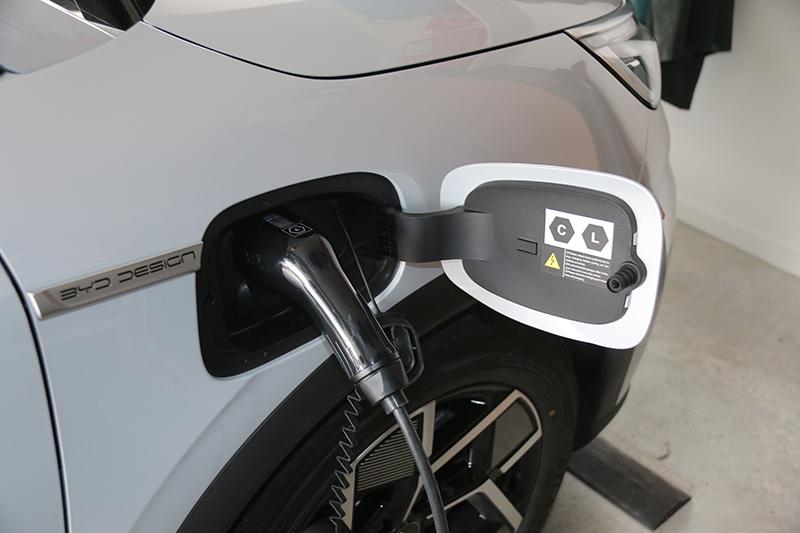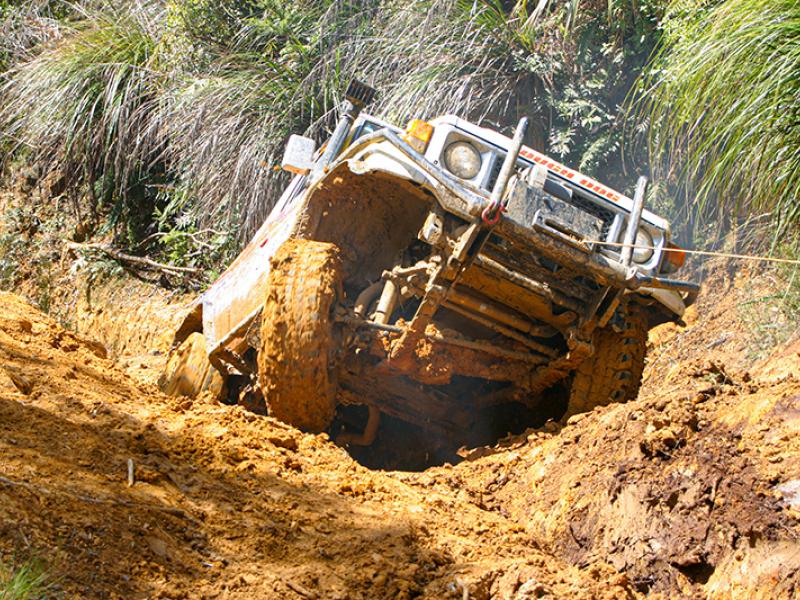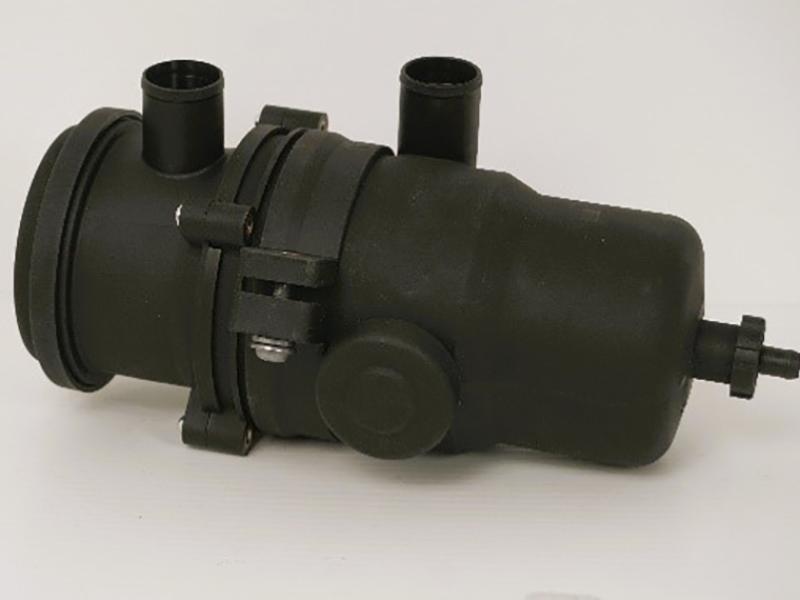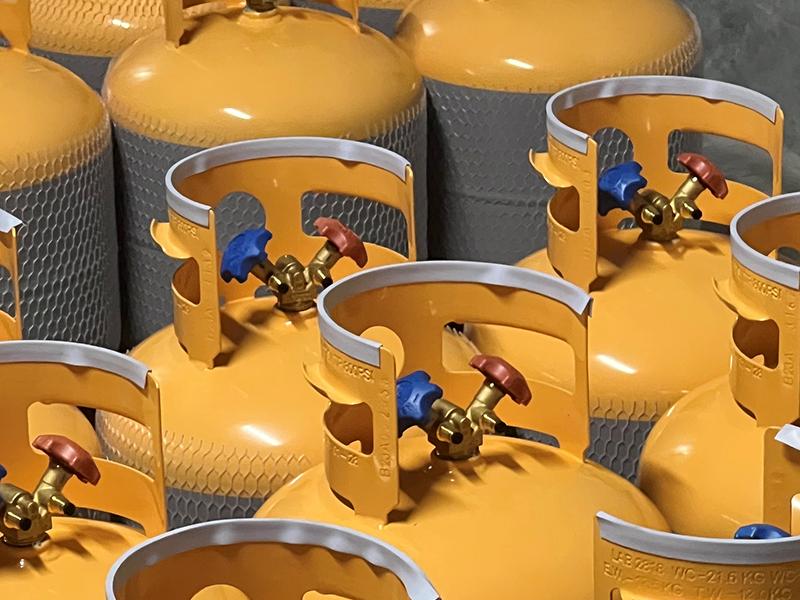Fifty percent of Australian workshops are either already EV-ready or actively investing in skills and equipment with a future focus. We would suspect that the situation in New Zealand would be similar or possibly further advanced as EV take up has been stronger and started earlier here. The report does provide some good prompts for local businesses on EV preparedness.
The Australian Automotive Aftermarket Association (AAAA), together with research partners Fifth Quadrant, prepared the Australia-first 2023 Future Readiness Index research.
This is the first ever research of its type, commissioned to determine if Australian workshops are effectively preparing for upcoming market changes and to measure their stance on technological advancements.
“As an industry, we have been dealing with assumptions around our EV readiness, misunderstandings about attitudes towards EVs, and questions around what kind of regulation or oversight is needed,” AAAA Director of Government Relations and Advocacy, Lesley Yates, said.
“What this research shows is that a large portion of our industry’s workshops, fifty percent in fact, are either already EV-ready (one in 10) or already investing heavily in future readiness, prioritising skills and equipment to create a safe and productive working environment.
“In fact, many of these workshops are already successfully and safely servicing and repairing EV and hybrid vehicles, and have been doing so for over a decade.
“And importantly, the majority of those that aren’t actively investing right now (39 percent) are not ‘EV rejectors,’ instead they are simply waiting until it makes more commercial sense in their specific local markets to make such investments, which is completely understandable given that current trend rates expect Australia’s national fleet will still be comprised of 90 percent ICE vehicles in 2030, even if sales of EVs in 2030 reach as high as 50 percent (New Zealand is tracking to around 20 percent of the vehicle fleet to be BEV by 2035) – 80 percent ICE.
“Overall, what we can take away from this is that when it comes to the topic of EV readiness, the majority of our workshops are tuned into what is coming and getting ready, so consumers and government can trust that automotive workshops are preparing for the future.
“Before now, no one had a sense for how much workshops were gearing up for EV, as no one had this data. But now we do, and it proves what we have been saying – we are a sophisticated industry, one that is highly skilled, equipped and future-focused.
“It is clear automotive technicians are the right choice when it comes to who should be servicing and repairing EVs and not only are we ready, but we are also only going to become increasingly more so.
“What this means is while we welcome government assistance and there are certainly areas the AAAA wants to work on with our government partners, any calls for introducing regulation on something we are already doing safely and successfully, and any pushes for members of other industries (such as electricians) to be tasked with servicing and repairing cars, are really not required.
“Our industry, our workshops and their technicians are experts in their field, constantly learning and investing in skills and tools, and ideally placed to continue servicing EVs and hybrids, as they have been for many years.”






